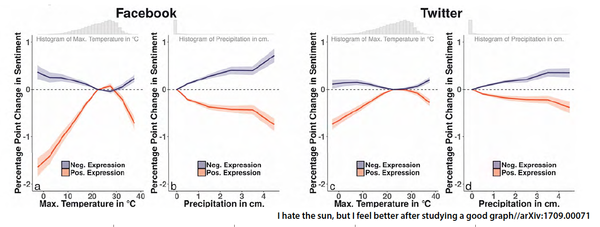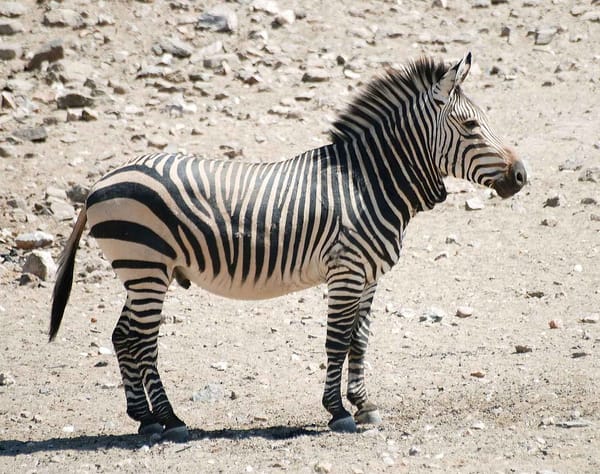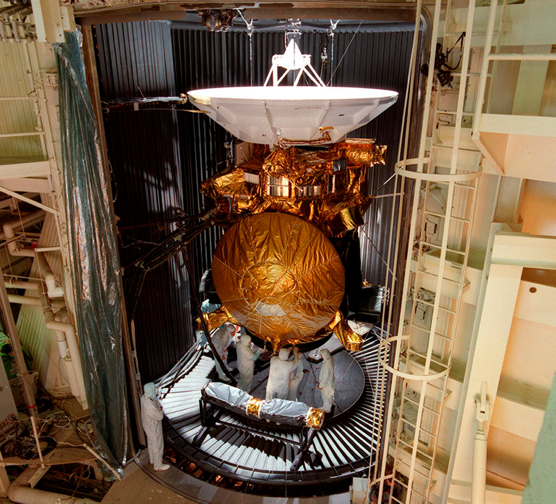The language of science
As part of a new series, we look at the research of students here at Imperial, first up is MSc Science Communication graduate Emma Parkin.

What is science? Well, that’s easy: science is the way that we uncover the truths of the world, it is universal, it is objective. Well if you think that, you are mistaken. We are taught that the best science happens when we remove our ‘humanness’ from the equation. But can we subtract ourselves from science, removing all those messy emotions?
The first problem is that science is done by humans. We make mistakes, we form social groups and, as much as we may hate to admit it, we sometimes favour our own pet hypotheses over others. Worst of all, according to 17th century polymath, Sir Francis Bacon, we talk to each other about our work using language and the language we use can impact our research. Rutherford’s model of the atom, the idea of a ‘genetic code’, and even messenger RNA (mRNA) came from a hypothetical, metaphorical origin. Though many scientists consider themselves above 'ornamental' language, metaphors, and analogies are a huge part of science.
Richard Dawkins pointed out in The Selfish Gene that the use of metaphor in science can also generate “a new way of seeing”, which can in its own right make an original contribution to science. How we conceive of a scientific entity or phenomenon, like an atom or a gene, and the potential properties we then consider it to have affects the direction of research.
By inherently conceptualising the brain ‘as a computer’ for instance, we may begin to talk about its ‘processing power’, how it is ‘wired’ and start to perceive it as more like a machine. This affects how we conduct our research, drawing us to pursue this dominant school of thought and move away from features that may not fit. In turn we may start to ascribe properties of our brain, e.g. intelligence and consciousness, onto machines.
The ‘wood-wide web’ is an emerging metaphor explaining how trees in forests can be linked together via a network of fungi, like how humans are connected by the world-wide web. Plants have evolved mutualistic relationships with fungal partners, which give them nitrogen in exchange for photosynthetic carbon. Trees that share the same fungal partners can therefore be linked physically underground. In 1997 Dr Suzanne Simard was the first to show that Douglas-fir and Paper-birch saplings were using this underground network to transfer carbon, alternating who sent more given the season.
The conclusion Simard came to, that this was an example of trees evolving to help unrelated tree species, was highly controversial. Twenty years on, and Simard has become the forest ecology equivalent of Brian Cox. Her craftsmanship and popularization of the ‘wood-wide web’ metaphor arguably persuades us to conceive of trees as inherently social beings in a way that supports her interpretation of the difficult to decipher data. She even goes further, suggesting that forests are ‘superorganisms’ like ant colonies or bee hives, behaving in a way that “might remind you of a sort of intelligence,”. Her popular work weaves a web of insightful metaphors and analogies which leave you feeling ‘at one’ with trees and more able to see them in this new co-operative light. I wonder if in future, this metaphor will highlight ‘a new way of seeing’.








